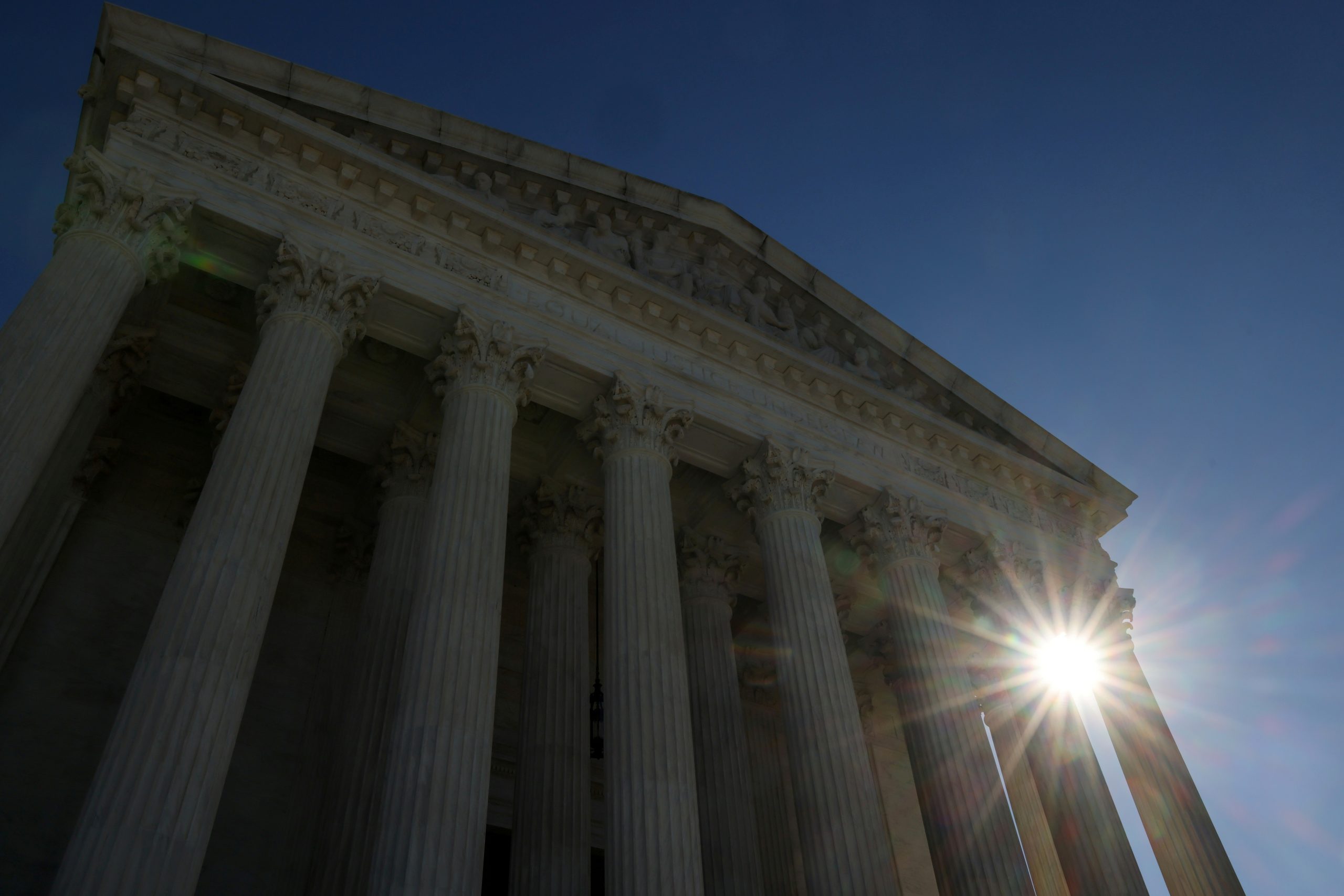While some progressives are pushing to expand the Supreme Court, Justice Stephen Breyer is warning them it could backfire.
During an interview with NPR published Friday, Breyer warned, “What goes around comes around. And if the Democrats can do it, the Republicans can do it.”
In April, President Joe Biden ordered the creation of a bipartisan commission to examine whether the court should be expanded.
“The Commission’s purpose is to provide an analysis of the principal arguments in the contemporary public debate for and against Supreme Court reform,” the White House said in a statement.
In the same month, congressional Democrats unveiled a proposal to increase the number of seats on the court from 9 to 13.
House Judiciary Chairman Jerrold Nadler (D-N.Y.) said during a press conference, “We are not packing the Supreme Court, we are unpacking it.”
He also said in a statement the proposal would “restore balance to the nation’s highest court after four years of norm-breaking actions by Republicans led to its current composition.”
Conservatives currently hold a 6-3 majority.
Breyer joined NPR to discuss his new book, “The Authority of the Court and the Peril of Politics.” In it, he argues the public acceptance of opinions issued by the court has fortified the rule of law as vital to democracy.
He mentioned comments made by former Senate Democratic leader Harry Reid about Bush v. Gore when the court declared George W. Bush won the 2000 election, as NPR reports.
“He said the most remarkable thing about this case is, even though probably half the country didn’t like it at all, and it was totally wrong, in his opinion and in mine, people followed it, and they didn’t throw brickbats at each other and they didn’t have riots,” Breyer said.
The Supreme Court justice also shared he was satisfied with the resumption of in-person oral arguments, saying, “I think it’s better to be there where you can actually see the lawyer and see your colleagues, and you get more of a human interaction.”
Additionally, Breyer explained to the outlet how the COVID-19 pandemic had negative effects on the court. He believes “when human beings discuss things face to face … there’s a better chance of working things out.”

























 Continue with Google
Continue with Google